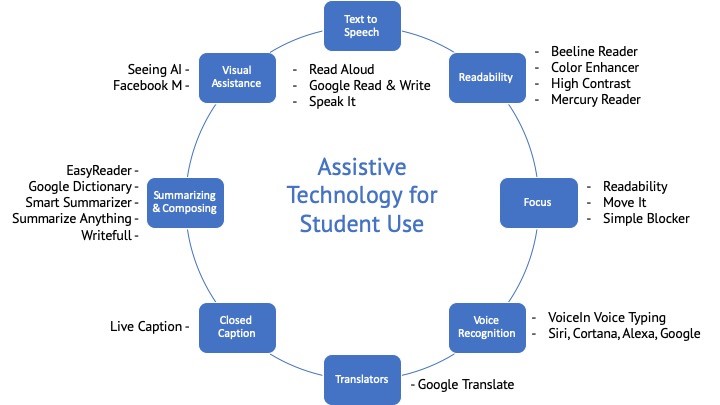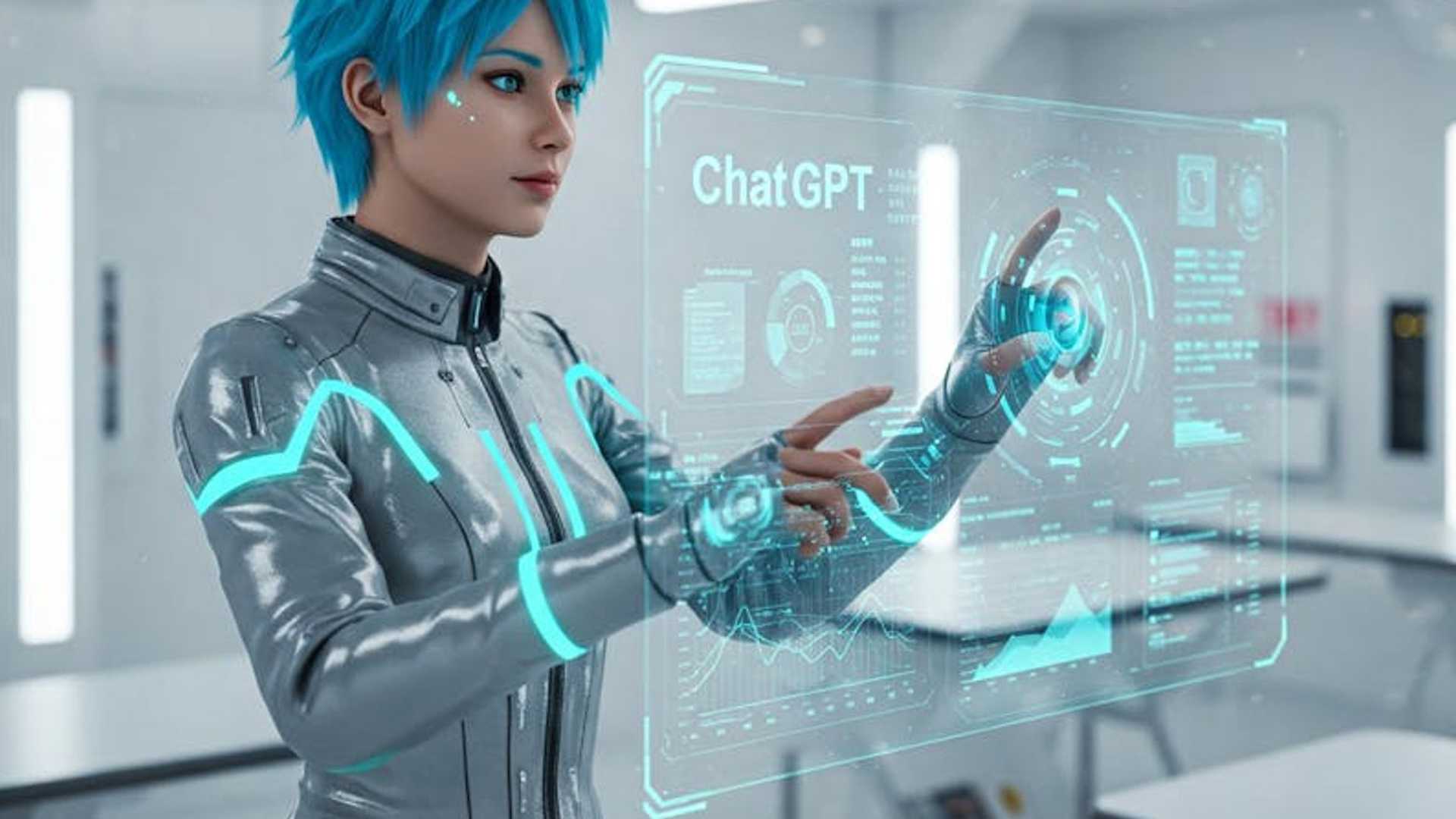Elon University students differ on AI use in school - Elon News ...
Chris Iwicki sat in the Great Hall in Global Commons, scribbling notes on a small notecard. He glanced up at his laptop periodically. He was studying. He was studying the day before, too, but he wasn’t relying on a notecard: He was asking ChatGPT to explain a math formula.
According to a March 12 survey from Elon’s Imagining the Digital Future Center, 52% of U.S. adults now use AI large language models like ChatGPT or Google’s Gemini. The survey noted that twice as many respondents said they used AI mostly for personal learning or planning compared to those who mostly use AI for work.
Student Perspectives on AI Use
Here at Elon, some students — Iwicki included — use AI not for work or personal use, but as a way to study. A common thread across students was that AI should be used for the right reasons. But which reasons are the right ones is less consistent.
Freshman Eddie Fermanian, who’s majoring in theatrical design technology, said he uses ChatGPT for his resume and to brainstorm for essay assignments. “As long as you’re not using it to pass off as your own work,” Fermanian said of AI’s acceptable use.
Freshman Kenzi Maness, who is double majoring in history and political science, also saw AI use as acceptable when used for brainstorming. “I think if you need help coming up with a bunch of ideas for something that’s not necessarily an assignment, maybe a title or something, then that wouldn’t be terrible,” Maness said.

Faculty and Expert Perspectives
Junior biochemistry major Elizabeth Carroll does not use AI, and said “there are a lot of things that people need to do themselves,” but also said AI could be an acceptable starting point. Mackenzie Pridgen, a sophomore majoring in acting and arts administration, said AI models could provide more specific answers than a normal web search.

Professor Sims Osborne, who teaches computer science at Elon, expressed concerns about learning from AI, stating that getting explanations from AI comes with the risk of learning something incorrectly. Carroll also shared her experience with a negative outcome when using AI for school work.
University Policies and Response
Elon’s Office of the Provost provides a generative AI statement on its website, which states that students are responsible for adhering to AI policies set by faculty. One of the prohibited behaviors in the “Cheating” section of the 2024-2025 Elon University student handbook is using technology not previously authorized by an instructor for a test or evaluation.
As a response to the questions raised today surrounding AI’s role in higher education, Elon University created six principles of its own in October 2024: human-centered work, overcoming the digital divide, information literacy, responsibility, learning evolving technology and using AI as a tool rather than a replacement were the goals set. Nearly a year and a half later, these principles have led some faculty to incorporate AI tool use and experimentation, from the brainstorming stage to final edits.




















